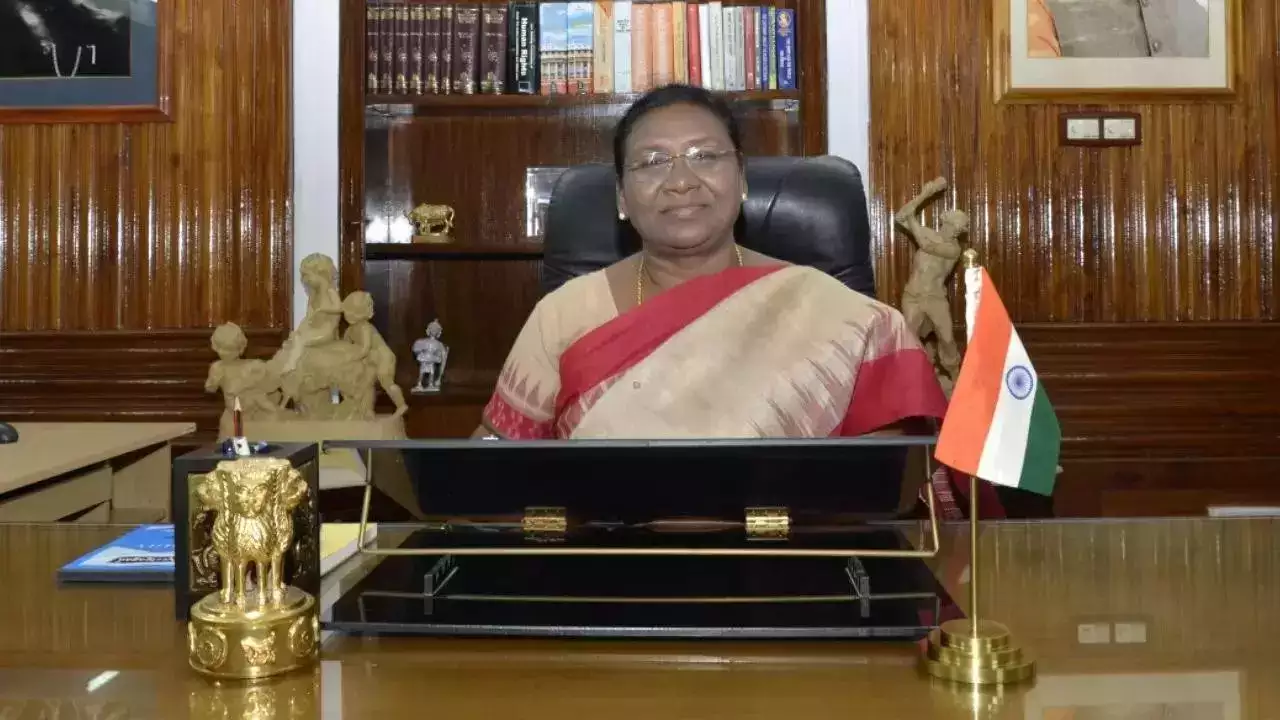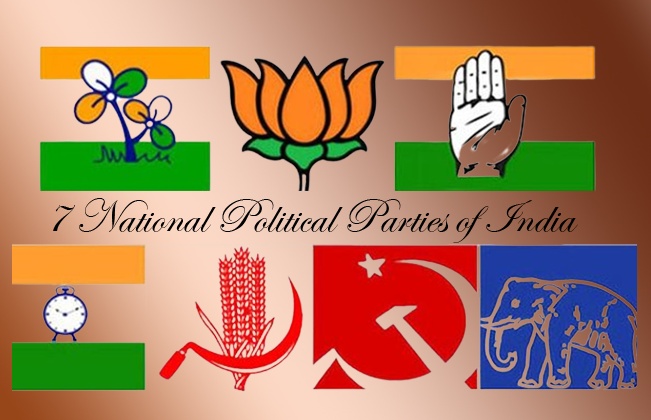Introduction:
The President of India holds a position of great significance in the country’s political landscape. As the ceremonial head of state and the highest constitutional authority, the President embodies the values of unity, integrity, and sovereignty. This article delves into the role and responsibilities of the President of India, shedding light on their significance in the democratic fabric of the nation.
Election and Tenure
The President of India is elected by an Electoral College, consisting of the elected members of both houses of Parliament and the Legislative Assemblies of the states. The President serves a term of five years and can be re-elected for a second term. The election process ensures a fair representation of diverse states and regions, reinforcing the democratic principles upon which India is founded.
Constitutional Powers
The President of India is vested with both executive and legislative powers. While the President’s executive powers are mostly ceremonial, they play a crucial role in the functioning of the government. The President appoints the Prime Minister, the Council of Ministers, and the Governor of states. They also represent India in international affairs, symbolizing the nation’s sovereignty and diplomatic relations.
Guardian of the Constitution
One of the most critical roles of the President is acting as the guardian of the Constitution. The President ensures that the actions and laws enacted by the government adhere to the principles laid out in the Constitution. They can send back bills for reconsideration, seek clarifications, or even refuse assent if they deem a law unconstitutional. This power ensures the balance of power and upholds the democratic fabric of the nation.
Role in the Legislative Process
The President of India plays an essential role in the legislative process. All bills passed by Parliament require the President’s assent to become law. The President also addresses both houses of Parliament at the beginning of each new session, highlighting the government’s priorities and policies. Furthermore, the President can also issue ordinances, which have the same effect as laws when Parliament is not in session.
Symbolic Representation
Apart from their constitutional powers, the President of India also serves as a symbol of unity and diversity. The President represents the entire nation and is above any political affiliation. They embody the collective aspirations and values of the Indian people, irrespective of their backgrounds, languages, or religions. The President’s presence at national events and state functions underscores the shared identity and cultural tapestry of the country.
Conclusion:
The President of India holds a pivotal position in the country’s political framework, embodying the democratic ideals and constitutional principles that define India. From being the guardian of the Constitution to representing the nation on the global stage, the President’s role is multifaceted and crucial. They symbolize unity, sovereignty, and the harmonious coexistence of diverse cultures and traditions. The institution of the President stands as a testament to the democratic spirit and the collective will of the Indian people.
![]()





